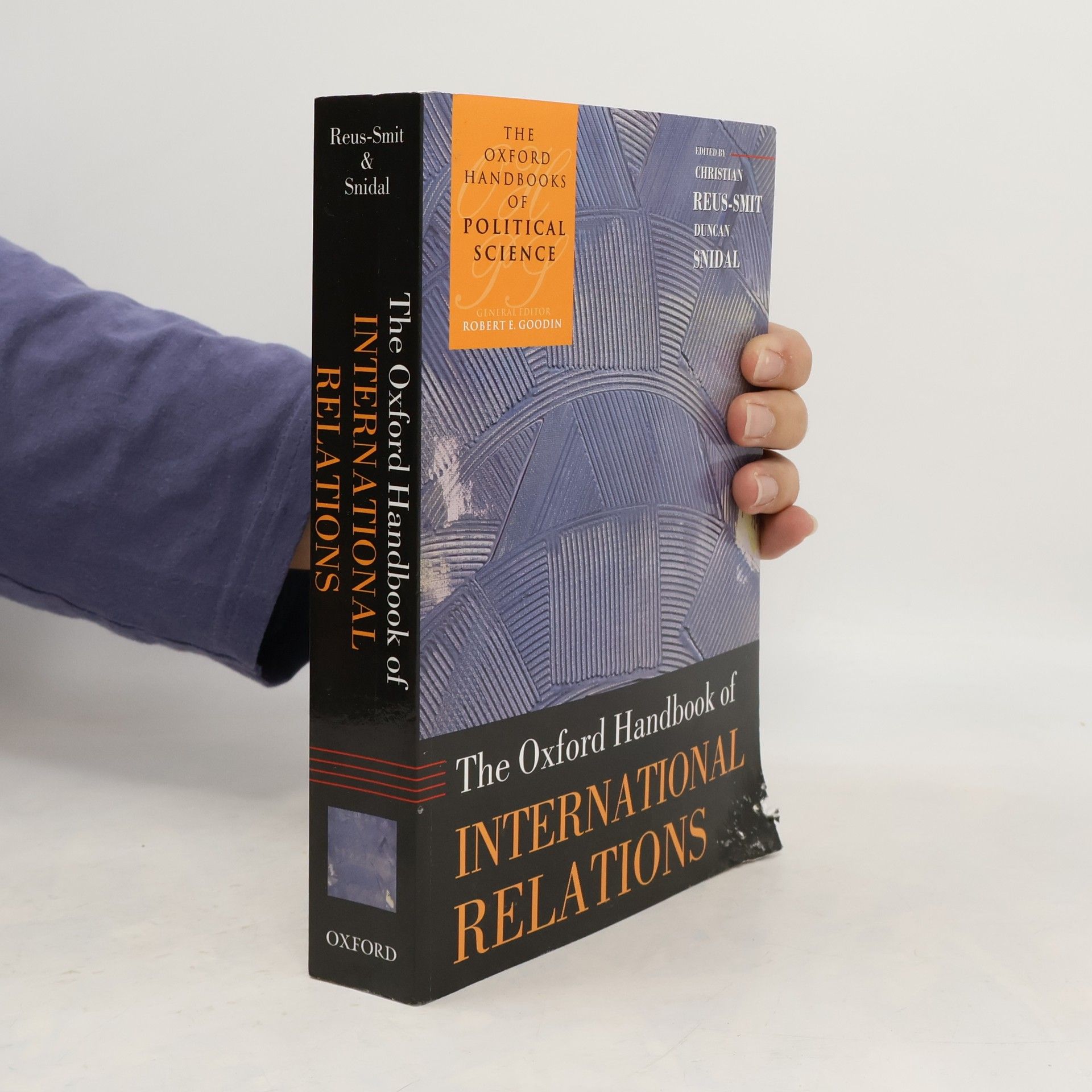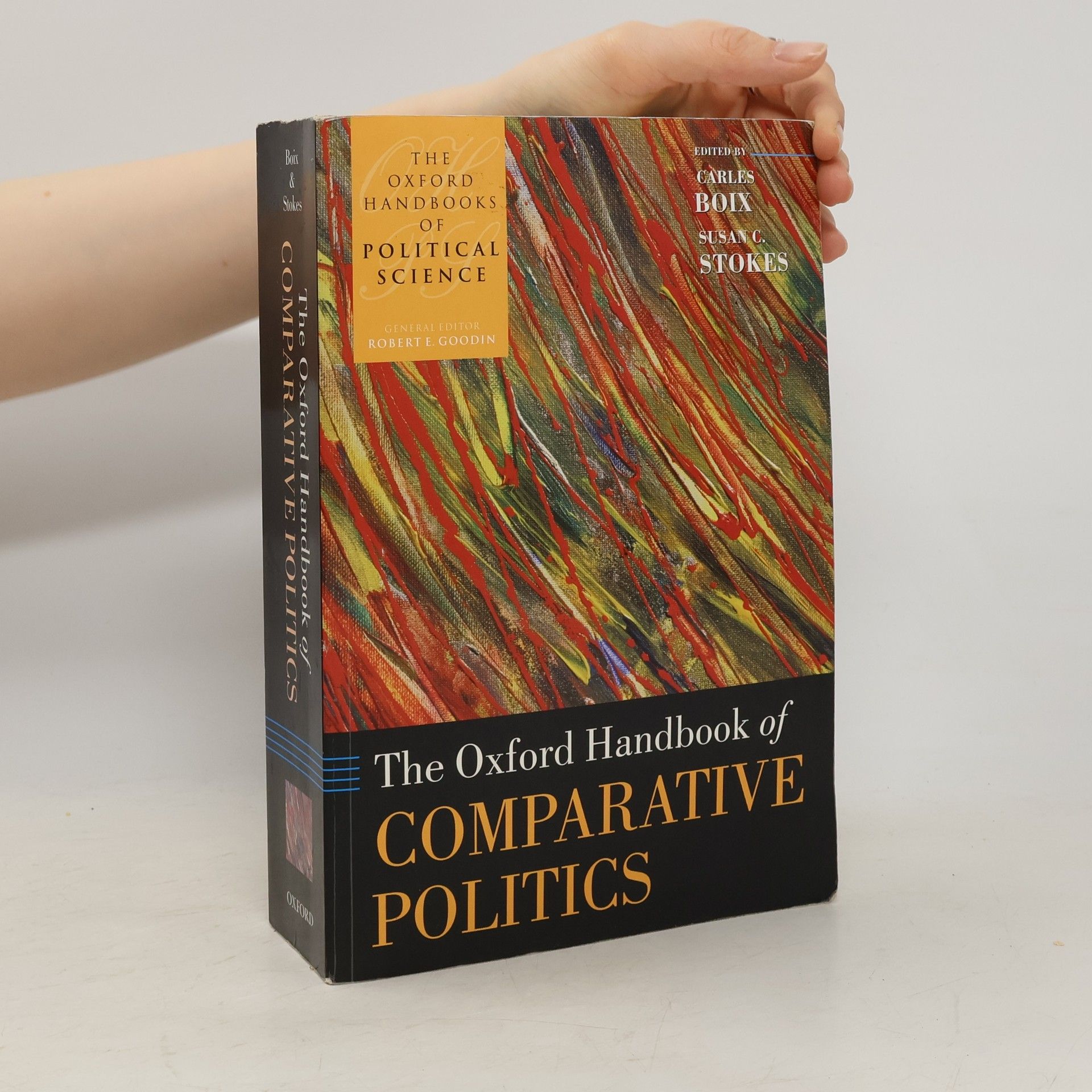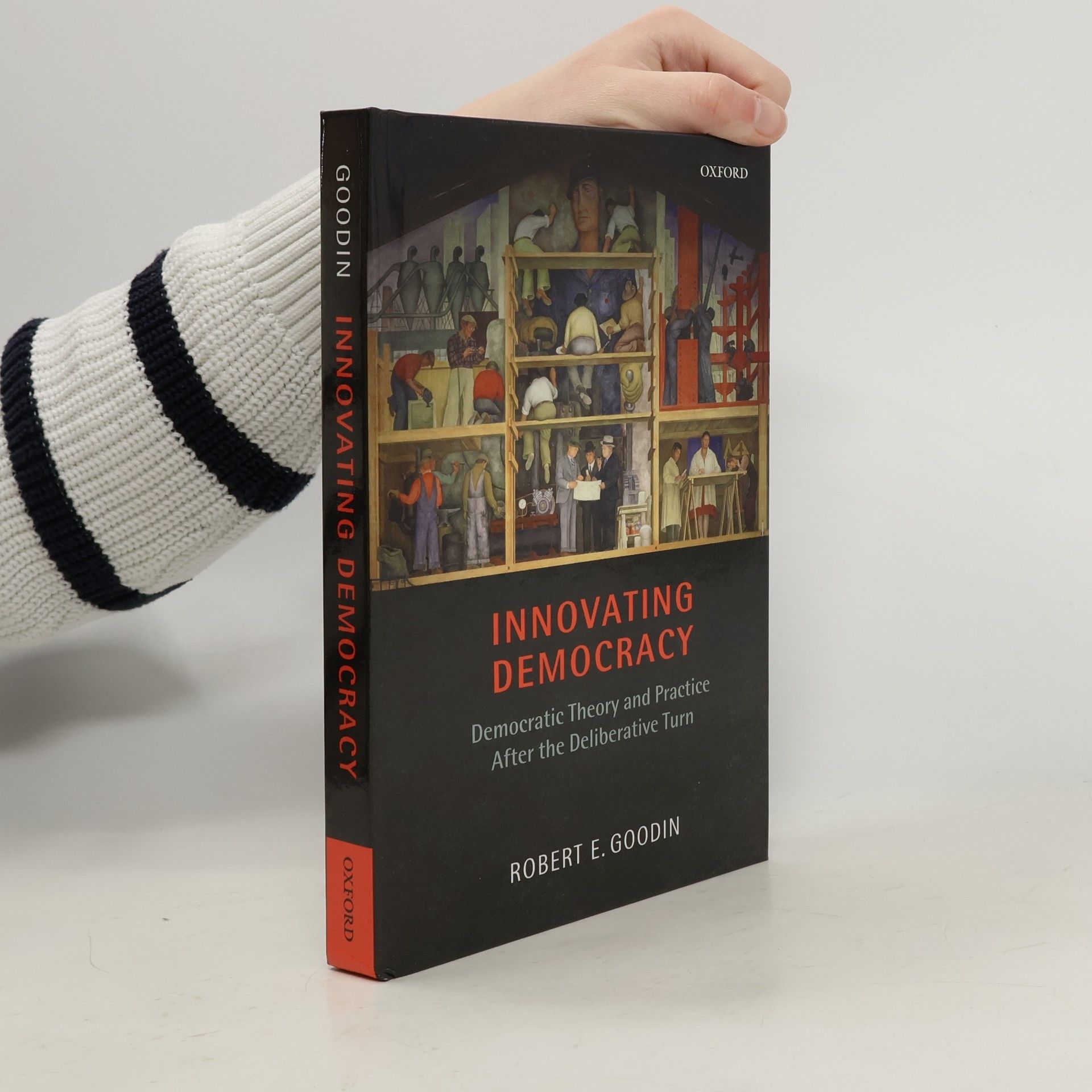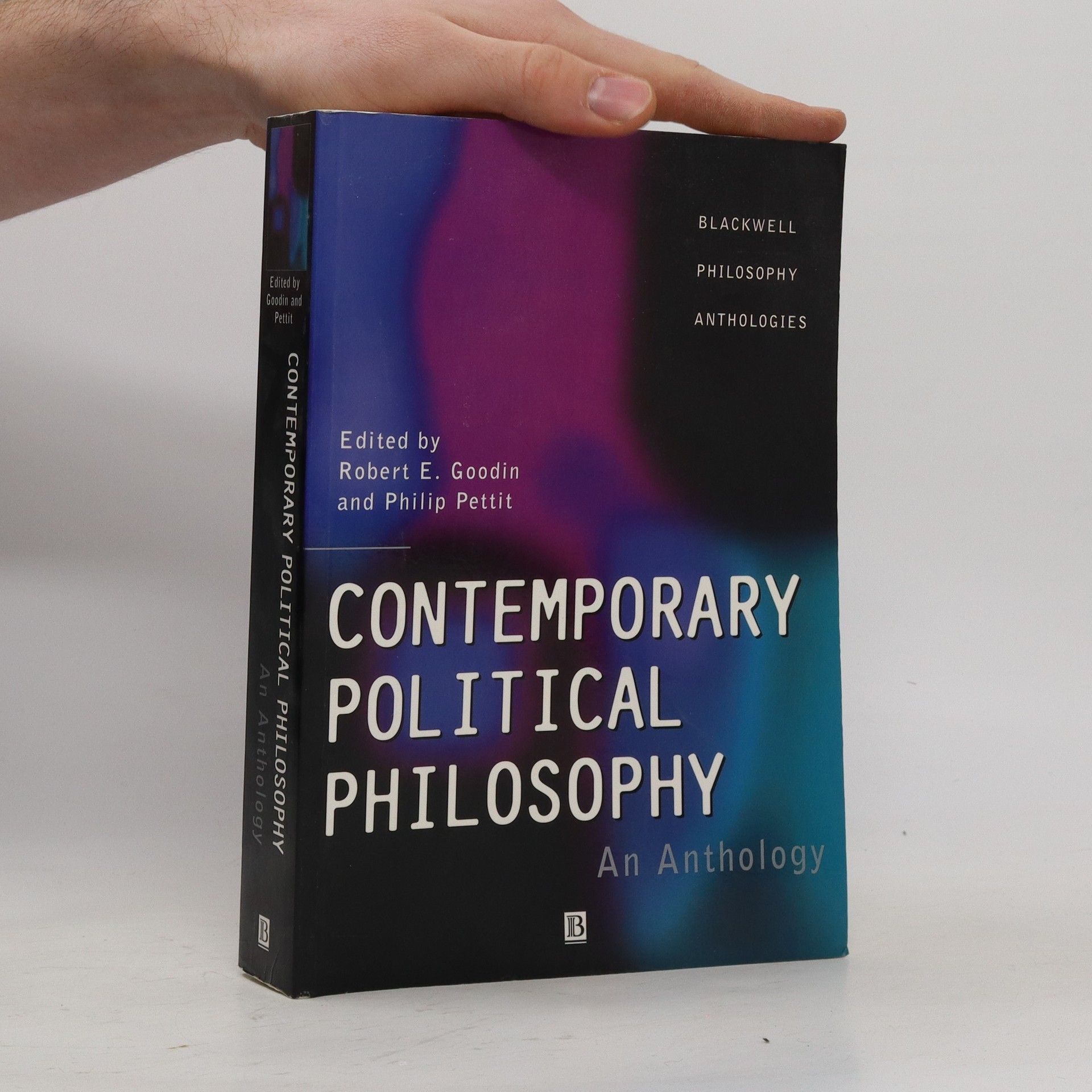Exploring the mechanisms of structural injustice, Robert Goodin delves into social position, networks, language, norms, reputation, and organization. Drawing from various social sciences, he identifies commonalities among these factors and discusses actionable strategies to address and overcome them. This insightful analysis highlights the complexities of injustice and offers a pathway toward social change.
Robert E. Goodin Ordre des livres (chronologique)
Robert E. Goodin est un scientifique social de premier plan dont le travail explore la théorie politique et la philosophie morale. Il enquête sur la nature du pouvoir politique, sur l'éthique dans la sphère publique et sur les normes sociales qui façonnent notre comportement. Son approche analytique et sa profondeur de pensée offrent aux lecteurs un regard pénétrant sur les questions complexes de la gouvernance et de la cohésion sociale. Les écrits de Goodin sont appréciés pour leur rigueur intellectuelle et leur capacité à éclairer les principes fondamentaux qui guident les interactions humaines au sein de la société.






Political Theory Without Borders
- 352pages
- 13 heures de lecture
"Political Theory Without Borders" redefines political theory in light of globalization and environmental challenges. This collection addresses global issues like climate change and unrestricted movement across borders, featuring contributions from emerging scholars and established theorists, emphasizing the renewed importance of justice, equality, liberty, and oppression.
The Oxford Handbooks of Political Science: The Oxford Handbook of International Relations
- 772pages
- 28 heures de lecture
The Oxford Handbook of International Relations offers the most authoritative and comprehensive overview to date of the field of international relations. Arguably the most impressive collection of international relations scholars ever brought together within one volume, the Handbook debates the nature of the field itself, critically engages with the major theories, surveys a wide spectrum of methods, addresses the relationship between scholarship and policy making, and examines the field's relation with cognate disciplines. The Handbook takes as its central themes the interaction between empirical and normative inquiry that permeates all theorizing in the field and the way in which contending approaches have shaped one another. In doing so, it provides an authoritative and critical introduction to the subject and establishes a sense of the field as a dynamic realm of argument and inquiry. The Oxford Handbook of International Relations will be essential reading for all of those interested in the advanced study of global politics and international affairs.
The Oxford Handbooks of Political Science: The Oxford Handbook of Comparative Politics
- 1034pages
- 37 heures de lecture
This comprehensive volume offers a critical survey of empirical political science through contributions from 48 leading scholars in comparative politics. Part I explores key research methodologies, including the comparative method, historical analysis, case-study research, and field research, while assessing the potential for establishing a science of comparative politics. Parts II to IV delve into the foundations of political order, examining state origins, their connections to war and economic development, and the sources of citizen compliance and political obligation. Topics such as democratic transitions, civic culture, authoritarianism, revolutions, civil wars, and contentious politics are also addressed. Parts V and VI focus on the mobilization, representation, and coordination of political demands. Part V investigates the emergence of political parties, their various forms, and voter behavior, alongside discussions on collective action, social movements, and political participation. Part VI examines the mechanisms for aggregating and coordinating political demands, leading to a systematic exploration of specific institutions like electoral systems, federalism, legislative-executive relationships, the judiciary, and bureaucracy. Lastly, Part VII highlights the growing literature on macropolitical economy from the past two decades.
The Oxford Handbook of Contextual Political Analysis
- 883pages
- 31 heures de lecture
This is part of a ten volume set of reference books offering authoritative and engaging critical overviews of the state of political science. This work explores the idea of context in politics from a number of angles, including philosophically psychologically, historically and culturally.
Innovating Democracy
- 313pages
- 11 heures de lecture
Instead of merely casting the occasional ballot, deliberative democrats want citizens to reason together. They embrace 'talk as a decision procedure'. But of course thousands or millions of people cannot realistically talk to one another all at once. When putting their theories into practice, deliberative democrats therefore tend to focus on 'mini-publics', usually of a couple dozen to a couple hundred people. In Innovating Democracy, Robert Goodin surveys these new deliberative mechanisms, asking how they work and what we can properly expect of them. He concludes we should treat talk as discovery procedure rather than as a decision procedure. Goodin goes on to show how to adapt our thinking about the familiar institutions of representative democracy to take full advantage of such deliberative inputs. That involves rethinking who should get a say, how we hold people accountable, how we sequence deliberative moments and the roles of parties and legislatures in that.
Social Welfare and Individual Responsibility
- 244pages
- 9 heures de lecture
The book explores the ethical implications of social welfare, contrasting individual responsibility with collective accountability. Authors Schmidtz and Goodin engage in a critical discussion, addressing the complexities of welfare systems and the moral obligations of individuals versus society. Their analysis contributes to the ongoing international debate about the most just and effective approaches to social welfare.
Utilitarianism as a Public Philosophy
- 368pages
- 13 heures de lecture
Utilitarianism is defended as a versatile framework for addressing various public policy dilemmas, including paternalism, social welfare, international ethics, nuclear armaments, and environmental crises. Robert E. Goodin illustrates how this philosophical approach can effectively navigate complex ethical challenges, showcasing its practical applications in real-world scenarios. His work emphasizes the adaptability of utilitarian principles in formulating responses to pressing social issues.
Contemporary Political Philosophy. An Anthology
- 648pages
- 23 heures de lecture
This monumental volume provides the most comprehensive and authoritative collection of the essential primary readings in post-war political philosophy.
A Companion to Contemporary Political Philosophy
- 704pages
- 25 heures de lecture
An essential reference for anyone interested in this dynamic field, the new edition of A Companion to Contemporary Political Philosophy is the most current and comprehensive resource available.

